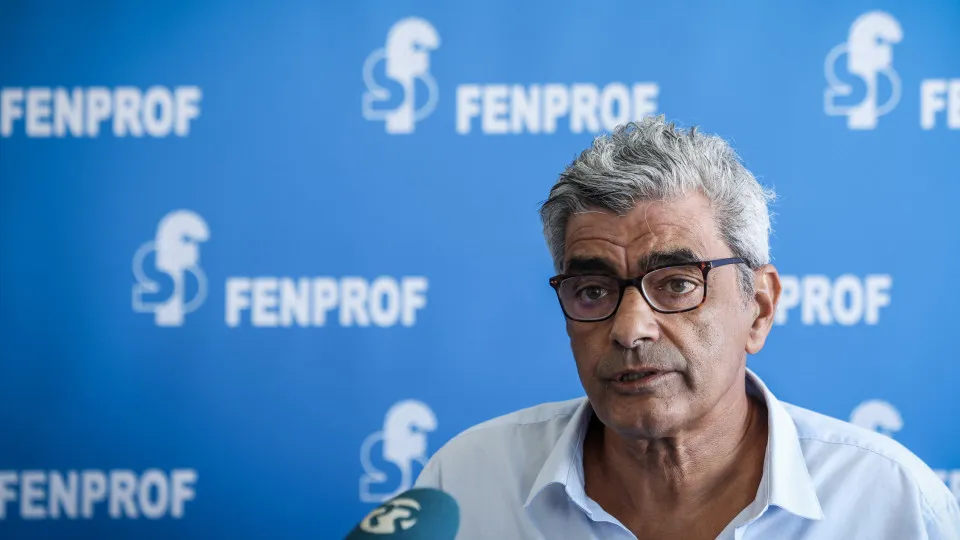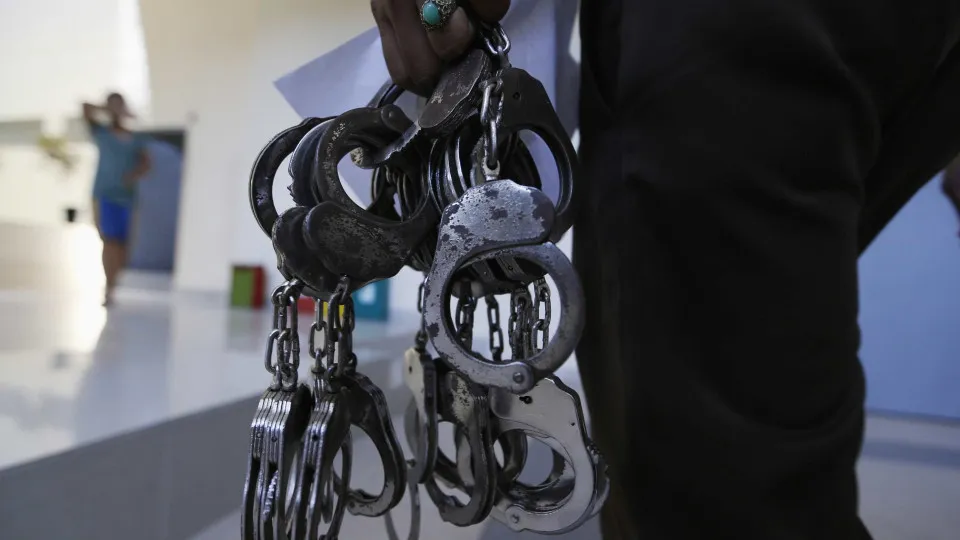
The lack of human resources in schools has worsened compared to last year, warned Fenprof’s Secretary-General José Feliciano Costa. He revealed the results of a survey responded to by 231 organizational units, covering 28.5% of groupings and non-grouped schools nationwide.
In the majority of schools (64.8%), there is a shortage of workers. “Among the establishments reporting a lack of resources, half highlighted the absence of teachers,” said Costa at a press conference today, assessing the start of another school year and indicating the existence of 54 schools or groupings where a shortage of teachers was detected.
Costa pointed out that this data “does not coincide with figures provided by the minister about the percentage of affected groupings.” The Minister of Education has stated that the lack of teachers is a problem localized to about 1 to 2% of schools.
Besides the lack of teachers, schools also highlighted that the teaching staff is increasingly aging, with most being over 50 years old, and there is a shortage of personnel to meet needs.
The lack of technical and operational assistants has also been pointed out this week by Filinto Lima, president of the National Association of Groupings and Public School Principals (ANDAEP), and by Mariana Carvalho, president of the National Confederation of Parent Associations (Confap).
Fenprof corroborates this complaint with survey data showing failures in the support of students with educational needs, “lacking social, cultural, and linguistic mediators, psychologists, or speech therapists,” Costa noted, mentioning that schools reported “difficulties in hiring teachers.”
Students are attending classes in “quite degraded buildings,” lacking equipment, and children and teachers are working with “obsolete computer equipment” in areas with unreliable internet, Costa added.
Teachers also complained about overcrowded schools, classes exceeding the legally allowed number of students, and excessive working hours.
“There are work schedules that maintain irregularities,” Costa denounced, revealing that Fenprof will resume a strike on September 16 against overwork, non-teaching components, and overtime.
During the press conference, Fenprof also criticized proposed changes to labor legislation, highlighting two points: maintaining the expiration of collective bargaining which “will harm teachers” who work in colleges, and changes to the right to strike.
“It is an attack on strike law, as it broadens the concept of indispensable social necessity, which is a significant setback in this worker right deserving strong opposition,” said Costa, urging teachers to join the national demonstration set for Saturday, September 20.
The situation of teachers in private education was also addressed by Fenprof’s leadership, stating that “the current scenario is much worse” than that experienced in the public sector.
According to Costa, working conditions, salaries, and careers for teachers in IPSS or Misericórdias institutions remain “far below the claims” of unions which demand the same rights as those guaranteed to other teachers.
Salary differences between public and private sectors, more working hours, or discrimination against early childhood educators were some of the issues highlighted today.
Schools began receiving students on Thursday for another academic year, marked by a lack of preschool slots, teacher shortages in the Lisbon, Alentejo, and Algarve areas, and the prohibition of smartphone use by students up to the 6th grade.




